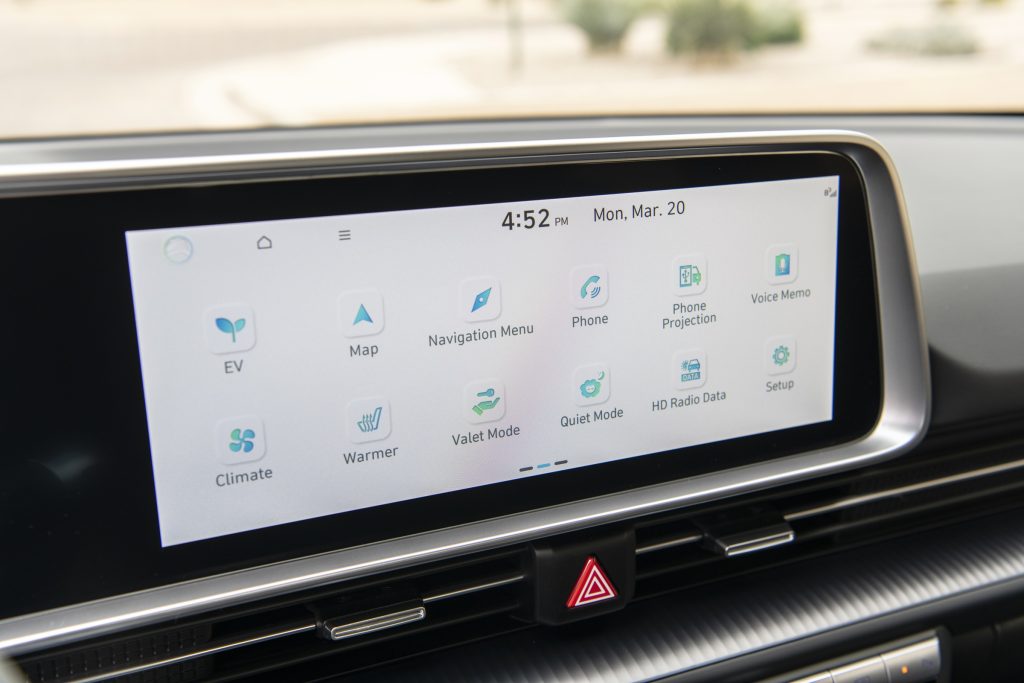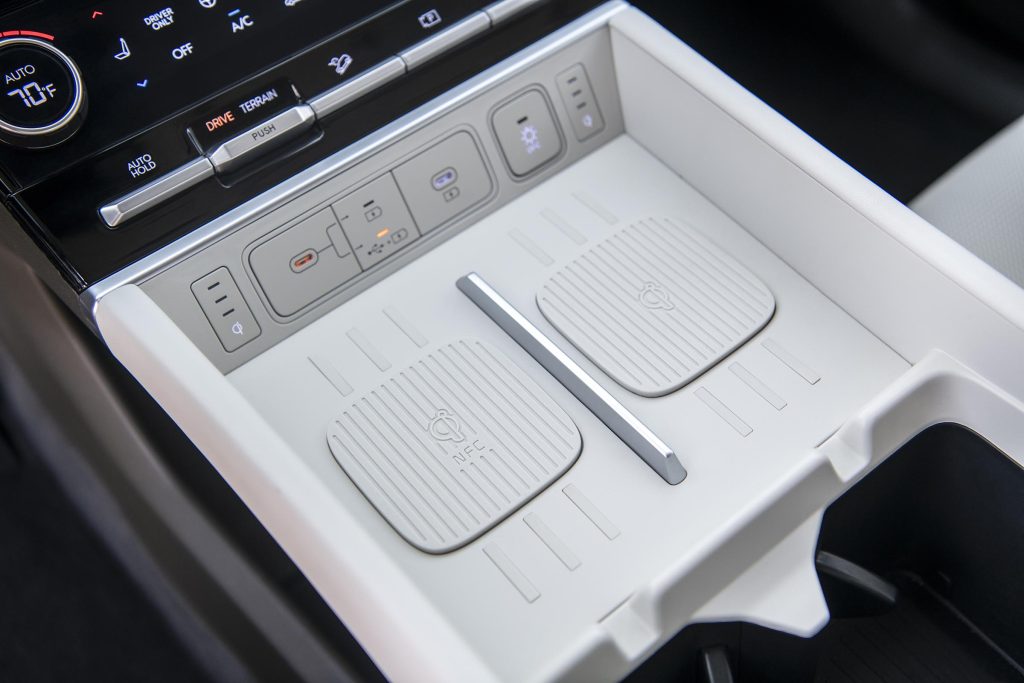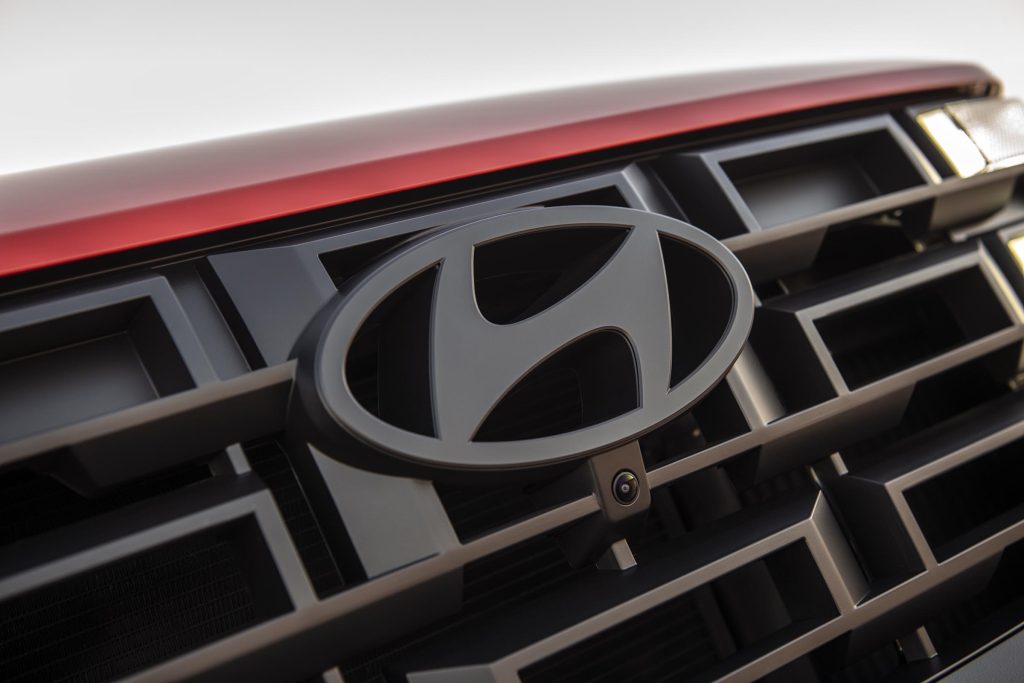Hyundai is following BMW, Mercedes, and Audi in putting certain vehicle features behind subscription paywall. Company also sees future where in-vehicle subscriptions will play bigger role in the ownership experience.

Hyundai confirmed that it will be putting certain vehicle features behind subscription paywall structure
Automobiles are rapidly evolving with new technology and features making them a more integral part of our daily lives. However, a side-effect of this is that this new wave of advancement is also ushering in the debut of in-vehicle subscription services.
These subscription services have proven to be a controversial issue with BMW, Mercedes, and Audi all getting criticism for their plans which involve locking certain features like adaptive cruise control and dual-zone climate control behind paywalls. Hyundai is now confirming that it will be the latest firm to use a paywall structure for access to select features but unlike its rivals, the company will be doing so in a slightly different way.
Hyundai’s move part of a broader plan
The announcement is part of a broader rollout of Hyundai’s newly created Hyundai Connected Mobility Service which combines the existing Mocean car subscription service with Bluelink’s connectivity suite into one unified front.
A key pillar of this is what Hyundai calls “Features-on-Demand” (FODs) which will be the equivalent of a paywall structure that other automakers have already used. The company is not saying what features will be placed into the FODs system but expect certain features with high consumer take rates to be included in an FOD plan as the company attempts to create new revenue streams through subscription pricing strategies.
Hyundai’s plan will also help benefit older vehicles
Unlike other in-car subscription plans that primarily focus on new vehicles, Hyundai says that FODs could also trickle down into older vehicles and give them select improvements. Marcus Welz, Managing Director of Hyundai Connected Mobility elaborated further in an interview with Autocar magazine.
“What you have often seen in the industry is an old use case, for example, heated seats. This was brought to the customer using new technology such as software updates. However, I think the benefit of feature-on-demand is exactly the opposite: to bring new features into older cars.”
This would most likely happen via software updates that will be used to revise existing hardware on a vehicle. For example, safety improvements could be made by revising various sensors while an older electric vehicle could see improvements in range and performance with digital tweaks to the battery pack and the electric motors.
More Hyundai Stories
- 2024 Hyundai Palisade Calligraphy Provides Low-Key Luxury and Family Hauling Versatility
- Exclusive: Hyundai Rethinks EV Plans – New Georgia EV Plant May Add Hybrids, Gas Models
- Hyundai Set to Sell Cars on Amazon — And Others to Follow
Will FODs be coming to the U.S. market?

Hyundai sees a future where vehicle subscriptions will play bigger role in the broader ownership experience.
The company also said that it sees subscription-based vehicle ownership increasing over the next few years and hinted at such when launching the Connected Mobility Service with Hyundai’s vice-president for marketing, product, and PR Andreas-Christoph Hofmann saying the new division is about “the future of mobility, from today owning cars to transferring to subscriptions.”
Hyundai didn’t reveal if the FOD system will be coming to the U.S. but look for the company to test it out in other markets first to see how consumers embrace the idea before potentially expanding it further.










Outside of something like GM’s SuperCruise, I don’t see people be happy about this, especially if it trickles down to things like heated seats or even radar cruise control.
Just bought a new Hyundai. If they decide to charge me for something I paid extra for in the first place I am seeking legal advice. This is asinine.